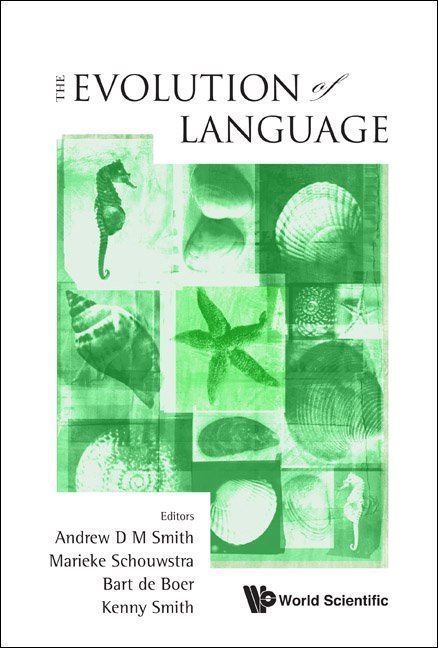CHILDREN LEARN SOUND SYMBOLIC WORDS BETTER: EVOLUTIONARY VESTIGE OF SOUND SYMBOLIC PROTOLANGUAGE
Recent studies showed that three-year old children learned novel words better when the form and meaning of the words were sound symbolically related. This was the case for both children learning a language with a rich sound symbolic lexicon (Japanese) and that without (English). From this robust nature of sound symbolic facilitation, it was inferred that children's ability to use sound symbolism in word learning is the vestige of protolanguage consisting largely of sound symbolic words. We argued that sound symbolic protolanguage was able to refer to a wide range of information (not just auditory events). It had the added advantage that it was relatively easy to develop a shared open-class lexicon and it provided a stepping stone from a holophrastic protolanguage to a combinatoric protolanguage.



